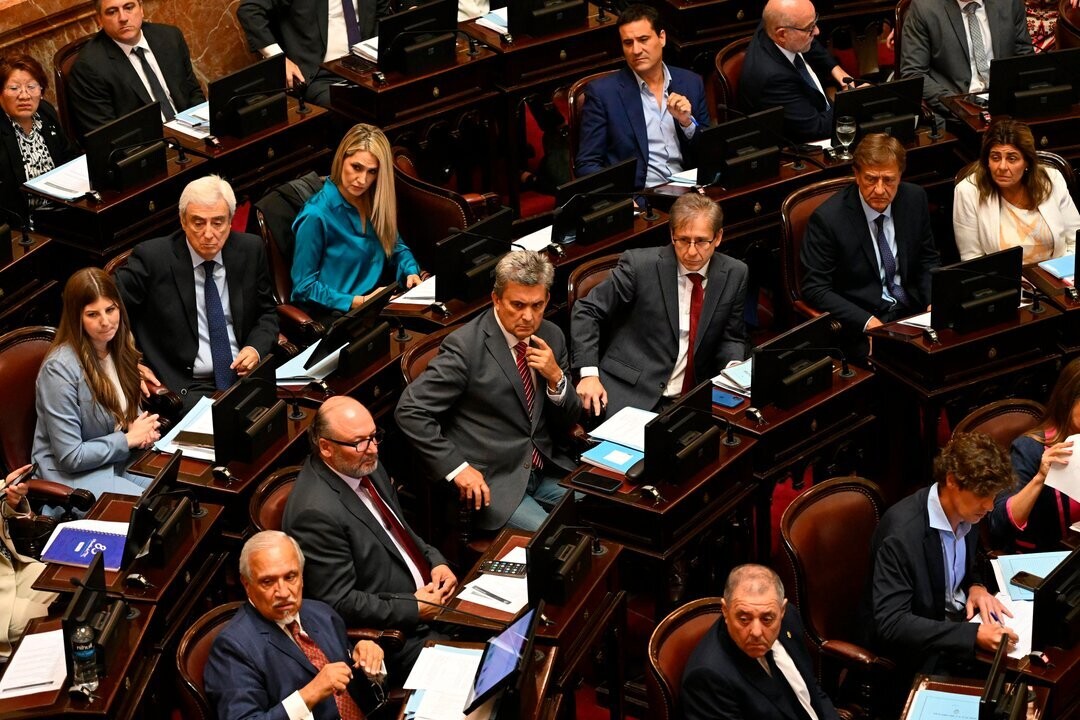
The Argentine Senate approved the Law Project on Trial in Absence with 45 votes in favor, 22 against, and no abstentions. This new law will allow the prosecution of those accused of terrorism without them being present in the country, a measure aimed at sending a strong message that Argentina does not negotiate with terrorism and will seek to hold responsible parties accountable for terrorist acts.
Senator Maximiliano Abad from Buenos Aires supported the initiative, highlighting that it is a way to confront international terrorism more effectively. On the other hand, Senator Oscar Parrilli from Neuquén disagreed, arguing that this law will not heal wounds but deepen them.
The project had the support of blocs such as La Libertad Avanza (LLA), PRO, the Unión Cívica Radical (UCR), and part of Kirchnerism, causing internal divisions in the latter sector. Former President Cristina Kirchner, involved in the case regarding the Memorandum with Iran, has been one of the key figures highlighted in this context.
The Law on Trial in Absence establishes that individuals accused of crimes against humanity, genocide, enforced disappearance of persons, war crimes, terrorism offenses, and the proliferation of weapons of mass destruction can be tried even if they do not appear in court. It ensures that the judicial process continues even in the absence of the accused, who will have the right to be defended by a trusted lawyer or a public defender.
The debate in the Senate revealed differing positions regarding this law, with various opinions on its effectiveness and impact on society. The approval of this regulation marks another step in the fight against terrorism in Argentina, making it clear that the country will not negotiate with those who commit such acts.














